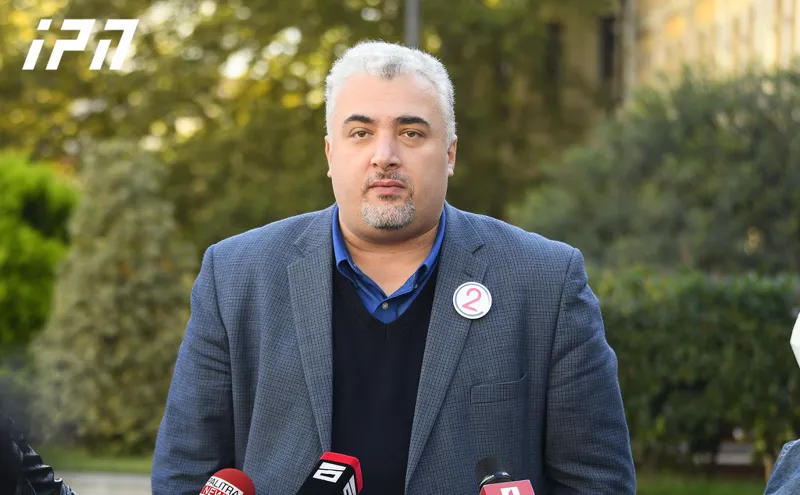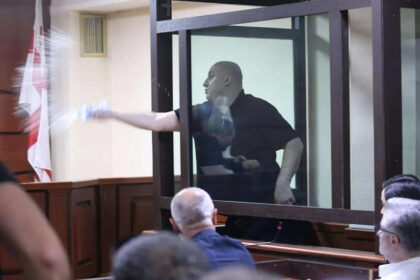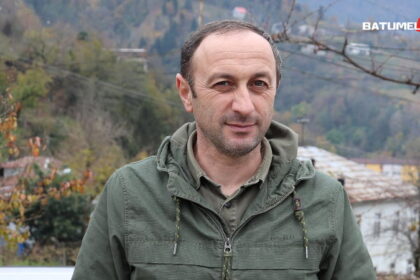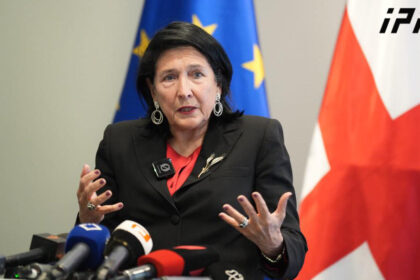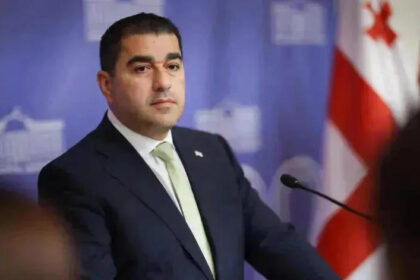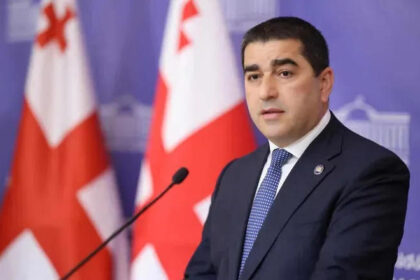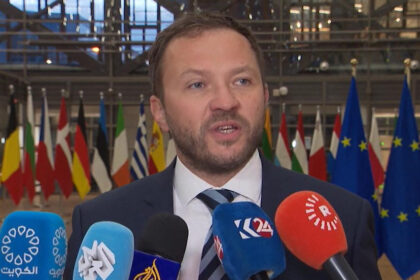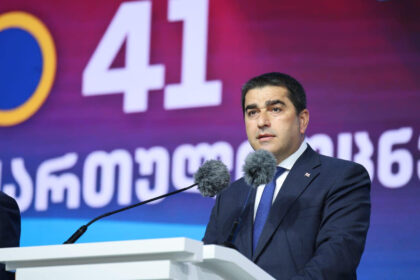The concept of the “education reform” published on three pages has nothing to do with actual reform or improvement — in the end, students will receive a very chaotic, politicized, and low-competition higher education system, which of course suits an authoritarian government the most, writes Sergi Kapanadze, professor at Ilia State University, on social media.
According to Kapanadze, the education system is being moved away from the Bologna principles.
“Look at it this way: the total duration of studies, including a master’s degree, is being reduced by 3 years. So a child entering school at 6 will already be a master at 21. The bachelor’s program should be three years, teaching Georgian, languages, and everything else. Count how many credits will remain for actual subjects from the 180 credits. Even if you write a bachelor’s thesis — only the minimal courses will remain. Essentially, students are being removed from Tbilisi. Apparently, the authorities don’t like youth protests and want to disperse students to the regions. One goal seems to be saving money — the education budget is being reduced by 25%. It was said that this means 30,000 graduates will join the labor market faster. This is a superficial statement. If the market needs workers, those 30,000 graduates already exist. There is no need to push students out early from universities to fill jobs. It seems the focus will be on vocational education. However, even if this is a good idea, it’s unclear how they will force students to enroll in vocational programs — they just close university spots, leaving no choice. This means sacrificing young people to careers they don’t want. State universities’ property will also be sold — probably the Iliauni campuses in Vake. The first and second buildings will likely remain, but the fourth, sixth, ninth, and others will be sold. They plan to use that money to build campuses outside the city and move students there.”
Kapanadze adds that competition in higher education will be destroyed. If anything improves quality, it comes from competition with other universities. If only one faculty remains in the city, there will be no competition. And this only makes sense if private universities are also affected. Otherwise, the best students will go to private institutions, and the entire “reform” loses its point.
“Of course, professors and lecturers with undesirable or dissenting opinions will be removed. This is one of the main motives of this reform — they can replace them. If quality deteriorates, that’s a problem. The regime has a political goal and will achieve it at any cost. The education system will thus be completely removed from the Bologna principles. An 11-year school system does not fit Bologna standards. From the first year, students will no longer be able to continue studies abroad. This is another way to keep students here and expose as many as possible to local ideological education. Also, for students who go abroad, taxes and fees from those remaining will be saved in the country. When money runs out, they resort to such measures. All arguments about how the 12th grade is useless are detached from reality. Even the 11th grade does nothing. Overall, students will receive a chaotic, politicized, low-competition higher education system.
Of course, this kind of system suits an authoritarian government the most.
P.S. The idea that each department should have one professor, three associate professors, and ten assistant professors is so unrealistic and detached from reality that it’s hard to even comment seriously,” writes Sergi Kapanadze.
Sergi Kapanadze: Students are being removed from Tbilisi; the goal is also to save money, and state university property will be sold off; This “education reform” has nothing to do with improvement; ultimately, students will receive a chaotic, politicized higher education
